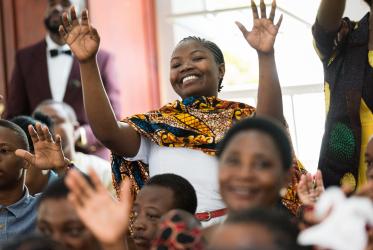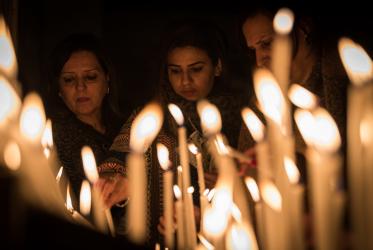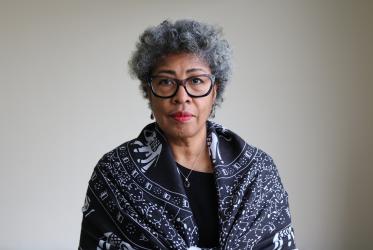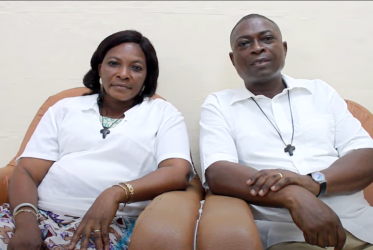Displaying 121 - 140 of 151
Past massacres in the Middle East: “this should never be forgotten”
09 December 2021
African church leaders train in leadership, diakonia and development
12 November 2021
Perkins names Dr Evelyn Parker as 2021 Distinguished Alumna
11 November 2021
Churches offer some relief in Kenya’s drought disaster
16 September 2021













